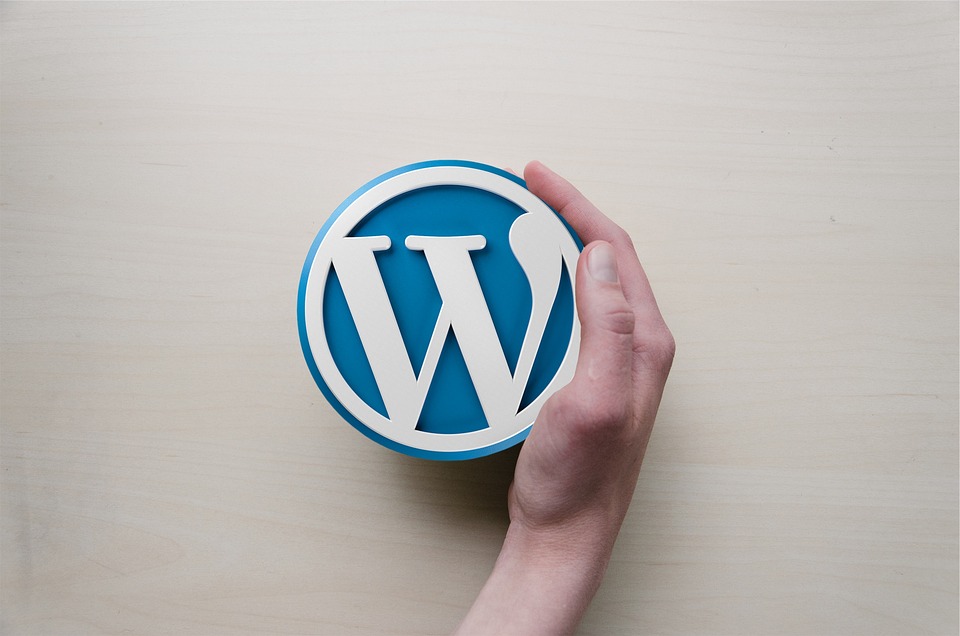
WordPress, the world’s most popular open-source content management system (CMS), is facing a major challenge. A heated legal battle between WordPress co-founder Matt Mullenweg and hosting company WP Engine has cast a shadow of uncertainty over the platform’s future.
Mullenweg has made some alarming statements, suggesting that the ongoing lawsuits could potentially “bankrupt me or force the closure of WordPress.org.” This has sent shockwaves through the WordPress community, with developers, businesses, and individual users worried about the platform’s stability.
The Root of the Conflict
The conflict stems from disagreements over access to certain WordPress resources. Mullenweg initiated actions that restricted WP Engine’s access, prompting the hosting company to file a lawsuit in response. Mullenweg insists that dropping the lawsuit is the only way to resolve the issue, allowing him to continue his efforts to limit WP Engine’s involvement in the WordPress ecosystem.
What Does This Mean for Website Builders?
While the specifics of the lawsuit deal with internal WordPress matters, it’s important to consider the potential implications for website builders in general. Here’s a breakdown of the key concerns:
- Uncertainty for the Future: The ongoing legal battle creates instability for the entire WordPress ecosystem. This uncertainty could impact the development and direction of the platform, potentially affecting website builders that rely on WordPress.
- Potential Disruption: A prolonged legal battle could lead to disruptions within WordPress, impacting website builders that integrate with the platform.
- Impact on Open-Source Community: The conflict highlights potential challenges within the open-source model. It’s important to consider the long-term health of open-source platforms when choosing a website builder.
Choosing the Right Website Builder for You
Given the current uncertainty surrounding WordPress, it’s wise to explore alternative website builder options. Here are a few examples:
- UltimateWB: Renowned for its flexibility, customization, scalability, and powerful features, UltimateWB offers a robust and versatile platform for building dynamic websites.
- Wix: A user-friendly drag-and-drop builder with a wide range of features and templates. Ideal for beginners and those seeking a visually-oriented platform.
- Squarespace: Known for its beautiful design templates and ease of use. A good choice for creatives and businesses looking for a polished online presence.
- Weebly: Offers a good balance of affordability and functionality. Well-suited for basic websites and small businesses.
Stay Informed
The situation with WordPress is still unfolding. We’ll continue to monitor the developments and provide updates on our website. In the meantime, explore the various website builder options available and choose the platform that best suits your needs.





